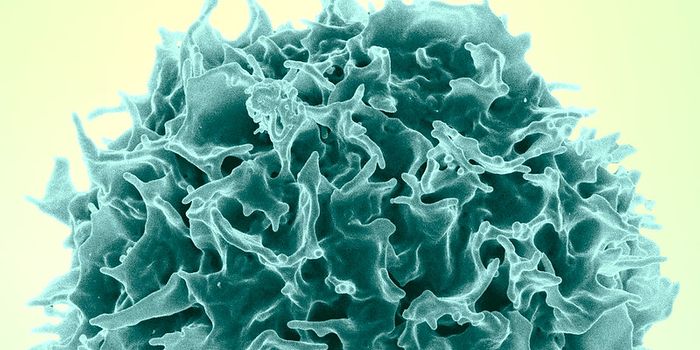Chronic Fatigue Syndrome Linked to COVID-19
Almost four years after the start of the COVID-19 pandemic, scientists are still learning about the consequences of infection. A new study set out to assess how often a condition called myalgic encephalomyelitis/chronic fatigue syndrome (ME/CFS) was arising in people who had been diagnosed with COVID-19. The work showed that almost five percent of people who had COVID-19 and enrolled in the study within six months of their infection also had ME/CFS about six months post-infection, while people who had not had COVID-19 experienced ME/CFS at a rate of about 0.6 percent. The findings, which suggested that ME/CFS is a complication of COVID-19, have been reported in the Journal of Internal Medicine.
This work was part of a project by the National Institutes of Health (NIH) called the Researching COVID to Enhance Recovery (RECOVER) Initiative, which aims to learn more about long COVID. The study included 11,785 people who had COVID-19 and 1,439 uninfected volunteers who served as the control group
ME/CFS is a chronic illness that is often a complication of viral illnesses such as Epstein-Barr virus, Coxiella burnetii, or Ross River virus. Symptoms include fatigue that arises and then persists for at least six months; post-exertional malaise, in which symptoms get worse after activity; a reduction of pre-illness function; cognitive impairment; dizziness when standing and other symptoms. Long COVID can also include many of these issues, many of which are self-reported.
In long COVID, many different symptoms affecting different parts of the body can happen and persist. Pain, digestive and cognitive problems, and fatigue are also common in long COVID patients.
This study has shown that ME/CFS cases are about 15 times higher than they are before the pandemic, suggesting that SARS-CoV-2 infections have triggered this increase.
Scientists will have to continue to study these cases to learn why these symptoms arise. There are various theories, which include peristent inflammation, unresolved SARS-CoV-2 infections, or vascular problems, and the causes of long COVID may also vary from one patient to another. In 2023, research estimated that as many as six percent of US adults either are dealing with long COVID or have experienced it, which has reduced their quality of life.
However, more recent research reported in JAMA has indicated that as many as 20 percent of people with a documented SARS-CoV-2 infection and four percent without confirmation of infection probably had long COVID. Ranges have generally varied widely, however.
Sources: National Institutes of Health (NIH), Journal of General Internal Medicine









